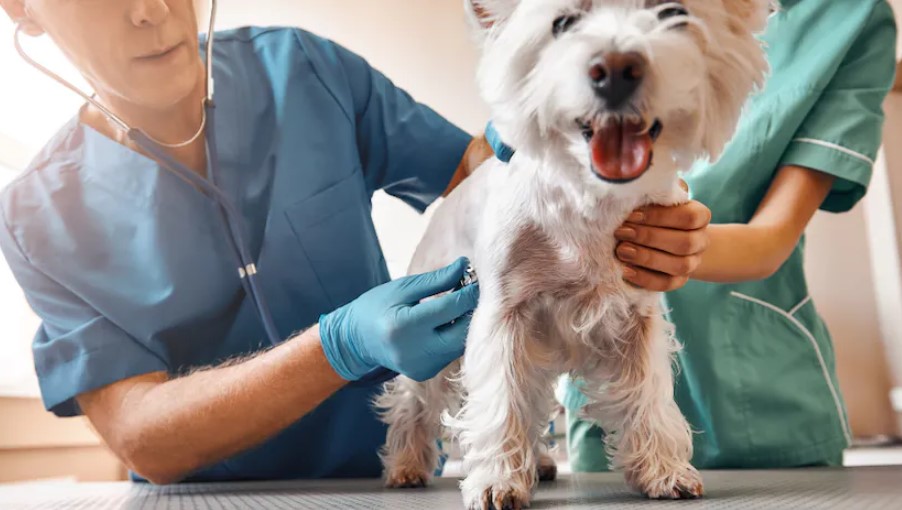When preparing to welcome a pet into your life, it’s easy to overlook the potential long-term financial commitment, especially concerning veterinary expenses. Nevertheless, it’s crucial to factor in veterinary costs when establishing a budget for your pet’s care over the coming years.
In addition to providing your pet with food, grooming, toys, and other necessities, you must allocate funds for regular veterinary check-ups, typically at least once a year. Furthermore, unexpected injuries or illnesses may necessitate emergency veterinary services, further straining your financial resources.
The cost of veterinary care varies significantly, making it challenging to provide a straightforward answer. While routine veterinary services typically cost less than $100, certain procedures and treatments can reach thousands of dollars in expenses.
To mitigate these potential financial burdens, consider the benefits of pet insurance. As someone deeply involved in pet rescue and fostering, working with a nonprofit organization in Brooklyn, I’ve encountered a wide range of veterinary bills, from affordable “mom-and-pop” practices to high-end establishments equipped with advanced diagnostics and surgical capabilities.
To break down the basic expenses associated with veterinary care, it’s essential to understand that the cost of veterinary services has been steadily increasing, outpacing the Consumer Price Index by more than 25% since the turn of the millennium, as reported by the American Veterinary Medical Association (AVMA).
The growing demand for veterinary care is attributed, in part, to pet owners treating their pets as family members. According to one study, 95% of pet parents view their pets as part of their family, leading to increased spending on pet care and a willingness to schedule regular vet check-ups.
Veterinary expenses can vary widely depending on the services your veterinarian provides. Common charges include physical exams, diagnostic services, lab work, surgical procedures, anesthesia, hospitalization, and even overnight boarding. Many of these services can be partially covered by pet insurance, which reimburses a percentage of your out-of-pocket expenses after you’ve paid your vet.
Here’s a breakdown of some of the most common veterinary services and their typical costs:
Tests, Examinations, and Initial Vet Costs:
- Routine checkups: $50 to $250
- Spay/neuter: $160 to $220
- Vaccines per shot: $15 to $28
- Physical exams: $45 to $55
- Fecal exam: $25 to $45
- Heartworm test: $45 to $50
- Dental cleaning: $70 to $400
- Allergy testing: $195 to $300
- Geriatric screening: $85 to $110
Surgeries and Unexpected Vet Costs:
- Bloodwork: $80 to $200
- X-rays: $150 to $250
- Ultrasounds: $300 to $600
- Short hospitalizations: $600 to $1,700
- Long hospitalizations: $1,500 to $3,500
- Wound treatment: $800 to $2,500
- Emergency surgery: $1,500 to $5,000
- Oxygen therapy: $500 to $3,000 (These estimates are based on information from Emergency Vets USA.)
Keep in mind that these prices may vary depending on your location, the type of animal you have, its breed, and its health history. Even routine exam fees can differ from one state to another. According to the ASPCA, recurring medical expenses for a dog can range from $210 to $260 depending on their size.
The good news is that you can significantly reduce these costs with pet insurance. For instance, a pet insurance plan that reimburses you for 90% of covered costs could reduce a $5,000 emergency surgery expense to just $500 out of pocket.
The average cost of owning a dog or cat in their first year can be substantial, with the ASPCA estimating up to $2,000 for a dog and $1,174 for a cat, depending on their size. These figures assume only regular visits to the vet and don’t account for unexpected veterinary charges. If your pet requires any of the unexpected services mentioned earlier due to illness or additional tests, you could face considerably higher out-of-pocket expenses without pet insurance coverage.




